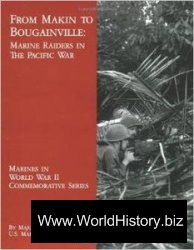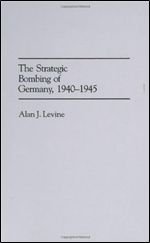When U. S. and Soviet representatives entered Korea they found that the Korean people were already preparing to resume governing their own country. The Koreans had established "People's Committees" throughout the peninsula to retake the reins of power. Their platform, popular with most of the Korean people, was to punish those Koreans who had collaborated with the Japanese during the colonial period and to divide the land of large estates among the poor and landless peasants.
In the northern half of Korea—the zone occupied by the Soviet Red Army—People's Committees carried out their program with little interference. As a result, collaborators fled, landlords lost their land, and leftist, or communist, ideas were allowed to flourish. The Soviet Union wanted to rebuild a Korea that shared its own socialist values, or one that was, at least, not antagonistic to them. In this sense, the Soviet Union hoped that Korea might act as a buffer state between it and noncommunist nations, just as Eastern European nations were to act as buffer states protecting the Soviet Union from Western Europe.
In addition to these political and economic changes, the Soviet army brought with it a number of Korean guerrilla fighters, including Kim Il-sung, who had fought against the Japanese in China for many years. A communist, Kim quickly became the most important political figure in northern Korea.
In southern Korea, the zone occupied by the American army, the People's Committees were viewed with suspicion. Many Americans, both in the army and in Washington, thought that the committees were dominated by communists. World communism had become the main enemy of the United States after the defeat of Germany and Japan. The United States was determined to "contain" communism, which appeared to be headquartered in the Soviet Union. This was the beginning of what would be called the Cold War. It appeared to many that northern Korea was falling under the domination of the Soviet Union and communism.
The American occupation forces in southern Korea viewed the Soviet Union with suspicion; they ordered the People's Committees to disband. Politically conservative ideas, programs, and political figures then gained the upper hand. Big landlords were allowed to keep their land, and Koreans who had collaborated with the Japanese were left unpunished. When the conservative nationalist figure Syngman Rhee arrived in South Korea from Washington, he quickly became the dominant political figure there.




 World History
World History









